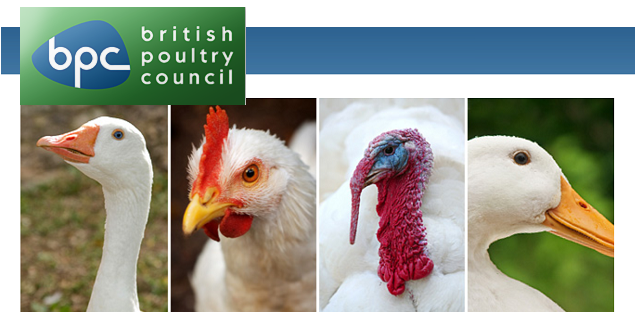The British poultry meat sector has taken a lead in understanding the responsible use of antibiotics and is looking for others to follow suit says British Poultry Council (BPC) chairman, John Reed.
Commenting on the industry’s high level achievements, as listed in the Veterinary Medicines Directorate’s (VMD) latest VARSS report, Mr Reed celebrated the progress which has been made while also acknowledging what still needs to be done.
“Since 2011 we have worked with the VMD to collect accurate poultry meat specific data, and we are delighted that we have reduced our use of antibiotics by 43%,” he said, adding that the sector’s priority remains the health of our birds, with the responsible therapeutic use of antibiotics being crucial to that process.
“We have made a good start but we are on a continuing journey and the use of antibiotics, even critically important antibiotics as a last resort, to safeguard bird health is vital to the sector.”
As for the future, the BPC chairman said that finding answers to the questions which are now being asked will be crucial for the industry’s long-term knowledge of the subject.
“Recent studies have shown that both campylobacter and E.coli have developed resistance to antibiotics that are little used or not used at all in poultry production,” he said. “How this occurs is one of the questions that we need to answer.
“Another question concerns the exact relationship that food and livestock (cattle, sheep, pigs, poultry, and fish) have with antibiotic resistance seen in humans. Until we move the science forward, in fact, we can only reiterate that for the poultry meat sector, being responsible means reducing the use of antibiotics without compromising the health and welfare of the birds under our care.
“Antibiotic resistance is of huge importance to animal and human health and now is the time for all stakeholders to work together and be led by the science.”


